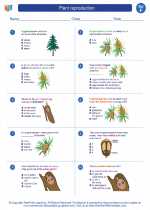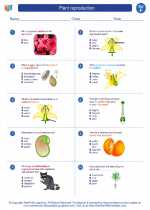Law of Acceleration
The law of acceleration is a fundamental concept in physics that describes the relationship between the force acting on an object and the resulting acceleration of that object. This concept is encapsulated in Newton's second law of motion, which states that the acceleration of an object is directly proportional to the net force acting on it and inversely proportional to its mass. Mathematically, this can be expressed as:
center;">F = ma
Where:
- F = net force acting on the object (in Newtons)
- m = mass of the object (in kilograms)
- a = acceleration of the object (in meters per second squared)
This equation shows that the greater the force applied to an object, the greater its resulting acceleration will be, assuming the mass remains constant. Conversely, if the mass of the object increases, its acceleration will decrease for a given force, and vice versa.
Key Concepts
It's important to understand the following key concepts related to the law of acceleration:
- Net Force: The net force acting on an object is the vector sum of all the forces acting on it. If the net force is zero, the object will remain at rest or continue to move at a constant velocity (in accordance with Newton's first law of motion).
- Mass: The mass of an object is a measure of its inertia and quantifies the amount of matter it contains. Mass is a scalar quantity and is typically measured in kilograms.
- Acceleration: Acceleration is the rate of change of an object's velocity with respect to time. It is a vector quantity and is typically measured in meters per second squared.
Study Guide
Here are some key points to remember when studying the law of acceleration:
- Understand the relationship between force, mass, and acceleration as described by Newton's second law of motion.
- Practice using the equation F = ma to solve problems involving forces and accelerations.
- Be able to interpret and analyze scenarios involving forces and accelerations, such as the effects of varying force and mass on an object's acceleration.
- Recognize the difference between mass and weight, and understand how they relate to the law of acceleration.
- Apply the concept of net force to real-world examples, such as the motion of vehicles, projectiles, and objects in free fall.
By mastering these concepts and skills, you will have a solid understanding of the law of acceleration and its applications in the world around you.
For further study, you may want to explore additional topics related to Newton's laws of motion, such as the law of inertia (Newton's first law) and the law of action-reaction (Newton's third law).
Good luck with your studies!
.◂Science Worksheets and Study Guides Sixth Grade. Plant reproduction

 Activity Lesson
Activity Lesson
 Worksheet/Answer key
Worksheet/Answer key
 Worksheet/Answer key
Worksheet/Answer key
 Worksheet/Answer key
Worksheet/Answer key
 Vocabulary/Answer key
Vocabulary/Answer key
